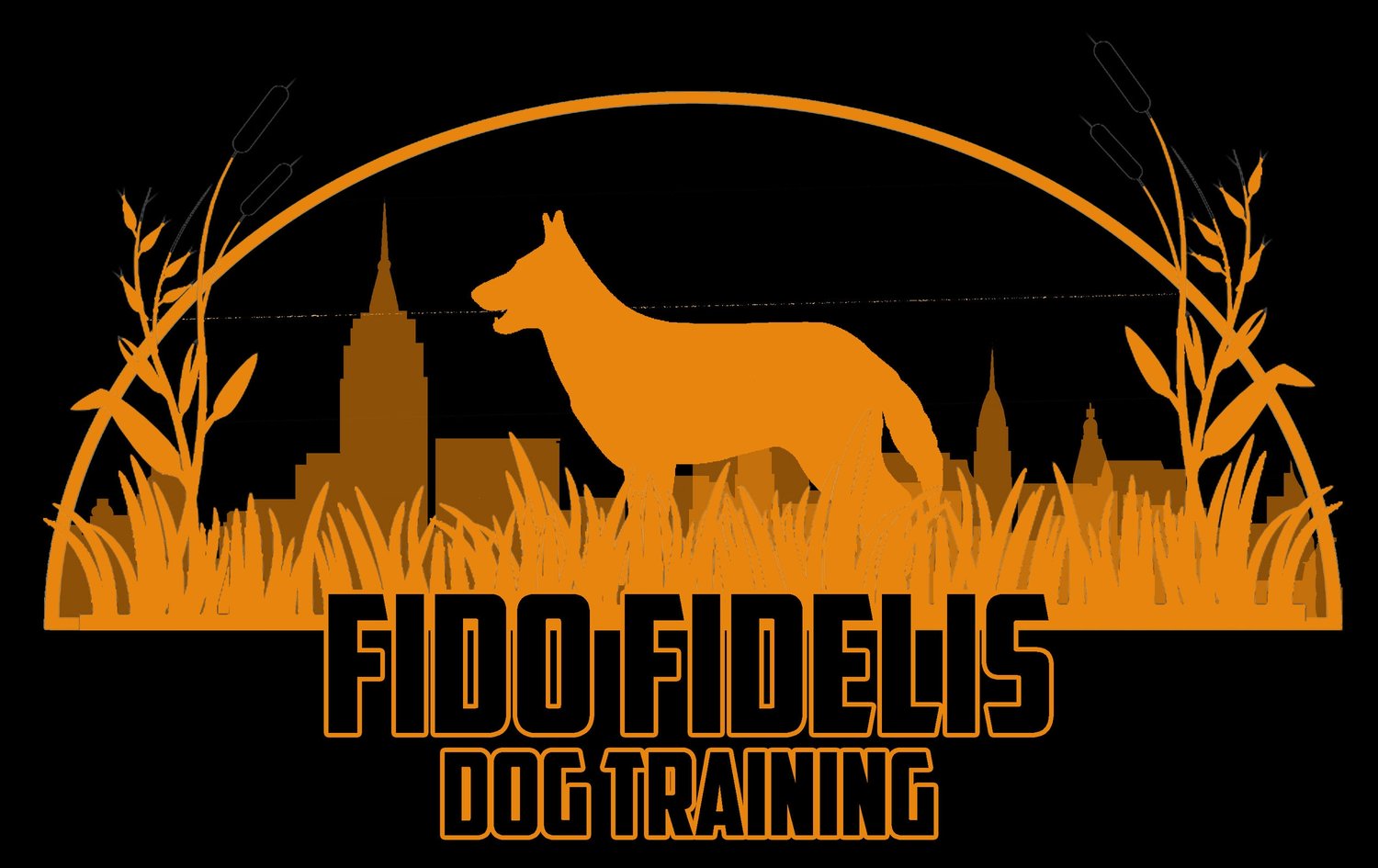It's a common belief that old dogs can't learn new tricks, but this is a complete myth. In fact, dogs of any age have the potential to learn new skills and behaviors with the right training and patience. In this blog post, we'll explore why the idea that an old dog can't learn new tricks is false and offer some tips for teaching your senior dog new tricks.
Firstly, it's important to understand that a dog's ability to learn is not determined by age alone. While it's true that younger dogs may have a slightly easier time picking up new behaviors due to their greater energy and enthusiasm, older dogs are still fully capable of learning and adapting to new situations. In fact, some studies have shown that older dogs can actually be more receptive to training than their younger counterparts due to their increased maturity and life experience.
Another important factor to consider is the individual dog's personality and past experiences. Some dogs may be more stubborn or set in their ways, while others may be more eager to learn and try new things. Additionally, dogs that have received consistent and positive training throughout their lives will likely be more receptive to new training methods, regardless of their age.
So, how can you teach an old dog new tricks? The key is to start with simple and achievable goals, and to use positive reinforcement techniques to encourage good behavior. Here are some tips for training your senior dog:
Keep training sessions short and frequent: Older dogs may tire more easily than younger dogs, so it's important to keep training sessions short (no more than 10-15 minutes) and to repeat them frequently throughout the day.
Be consistent: Consistency is key when training any dog, but it's especially important with older dogs. Make sure that everyone in the household is using the same training methods and commands to avoid confusion for your dog.
Choose tasks and behaviors that are appropriate for your dog's age and physical abilities: As dogs age, their physical abilities may change. Choose tricks and behaviors that are appropriate for your dog's age and any health conditions they may have.
Seek professional help if needed: If you're struggling to teach your senior dog new tricks or behaviors, don't hesitate to seek professional help from a certified dog trainer or behaviorist.
In conclusion, the idea that an old dog can't learn new tricks is a myth. With patience, consistency, and appropriate training methods, dogs of any age can learn new behaviors and tricks. So, don't hesitate to challenge your senior dog with some fun and engaging training activities – you may be surprised at what they're capable of!
